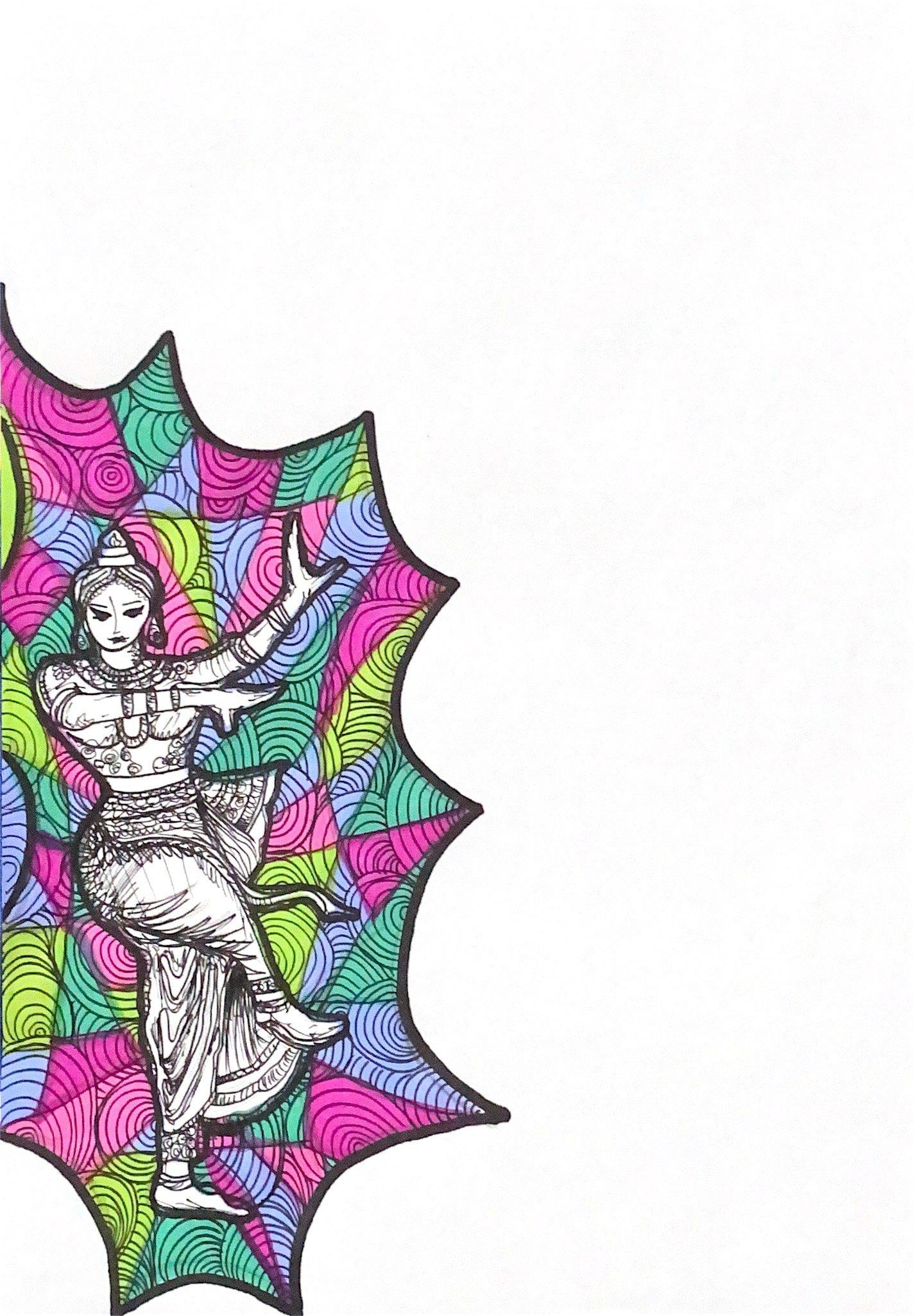
4 minute read
Not Being Brown Enough
by Woroni
Anojni Skanthan
“You’re Indian, right?” “No, I am Sri Lankan!” “Yeah, same thing.”
So, where is Sri Lanka, you may be wondering? Well according to Google, Sri Lanka is located 65km off the coast of South-East India. Sri Lanka has its own distinct culture and geography; hence it is not India. Please stop saying so for future reference. Thank you.
The first six years of my life were spent in this beautiful country. I have fond memories of eating malu paan (fish bun) and chocolate pineapple gateau in my Montessori. With bakeries found on every corner and street, I can guarantee the bestbaked goods probably come from Sri Lanka!

But like all good things, my time in
Sri Lanka ended when my parents decided to immigrate to Australia. As soon as we arrived, we were taken aback by Australia’s weather, as winter was unheard of in Sri Lanka. In Sri Lanka, it is either hot, wet, humid or all of them. While we waited in the airport, we pondered how technologically advanced Australia would be, considering we had just come from what the World Bank considers a ‘developing’ country into a ‘developed’ one. As we roamed Sydney the days following our arrival, the once futuristic vision I had of Australia with flying drones and cloud-touching skyscrapers was shattered. From what I could see, it was pretty much Colombo, except with not as much traffic or cows on the roads. I learnt that Australians like to keep their cows in paddocks near the roads.
But weirdly, I was never homesick since we found a little, quaint Sri Lankan community in Sydney and from my experience, most Australians welcomed us with open hearts and minds. But the real kicker to my sense of self came when my parents decided to move out of Sydney into Canberra, Australia’s National Capital. Here I was, naively thinking that Sydney was the capital. As we drove into Canberra, I remember thinking that there were a lot of trees for a capital. Little did I know that the abundance of trees was trying to make up for the lack of people in Canberra. The first thing I noticed when I arrived in Canberra was that it was run like a country town. Everything was so far away, which was a stark difference to how things operated in Colombo and Sydney, where everything was within walking distance, or at the very least a ten minute bus ride away.
I finally became aware of my surroundings and myself. I quickly noticed that I didn’t have as easy an access to the delicious Sri Lankan food I had been consuming my whole life. To add to this dilemma, my neighbourhood was quite boring, to say the least. Growing up in Sri Lanka, there was always some grand and colourful festivity happening down the street. Fun Fact! Sri Lanka has the second-highest number of public holidays in the world, so you know they know how to celebrate! Anyway, I found it hard relating to kids my age as a diet of Kollywood and Bollywood made me numb to things that kids my age would normally squirm at. Honey, that spider doesn’t scare me! I have seen a man’s head get chopped off on-screen at the age of five.
A couple of years later, panic set in for my parents as they realised that both of their children had forgotten the little Tamil and Sinhalese we knew. In their last attempt to connect us to the motherland, they enrolled us in Tamil school. At first, both my sister and I were not happy as who would want to go to school on the weekends?! But in hindsight, I am forever grateful for that period in my life as not only did I get a little taste of Sri Lanka, but I found friends that understood the struggle of not being brown enough.
When parents of South-Asian descent migrate from their homeland, they generally take an idyllic view of the ideals and values they practised in their country and set this as the standard for how their children should be brought up in the new country. This cultural and generational gap becomes a great breeding ground for an identity crisis (sparkle emoji), creating a disconnect for their children between what’s considered their environment and home. This further leads to feelings of duality, where the children cultivate different personalities to assimilate into their environment, hence feeling like they don’t belong anywhere, i.e. feeling not brown enough.
The thing with trying to conform in such a way is that you tire yourself out rather easily, succumbing to your own negative emotions. But, I have realised that the point was never to fit in, but rather learn from our respective cultures. Both cultures have so much to offer and can live in unison to help you grow into a better version of yourself. For example, through my Sri Lankan heritage, I have learnt the importance of family and spiritual connection as we value the time with loved ones and that we always have faith. This is complemented by the values I have learnt from living in Australia, where the power of camaraderie has shown me how to live a more fulfilling life.








